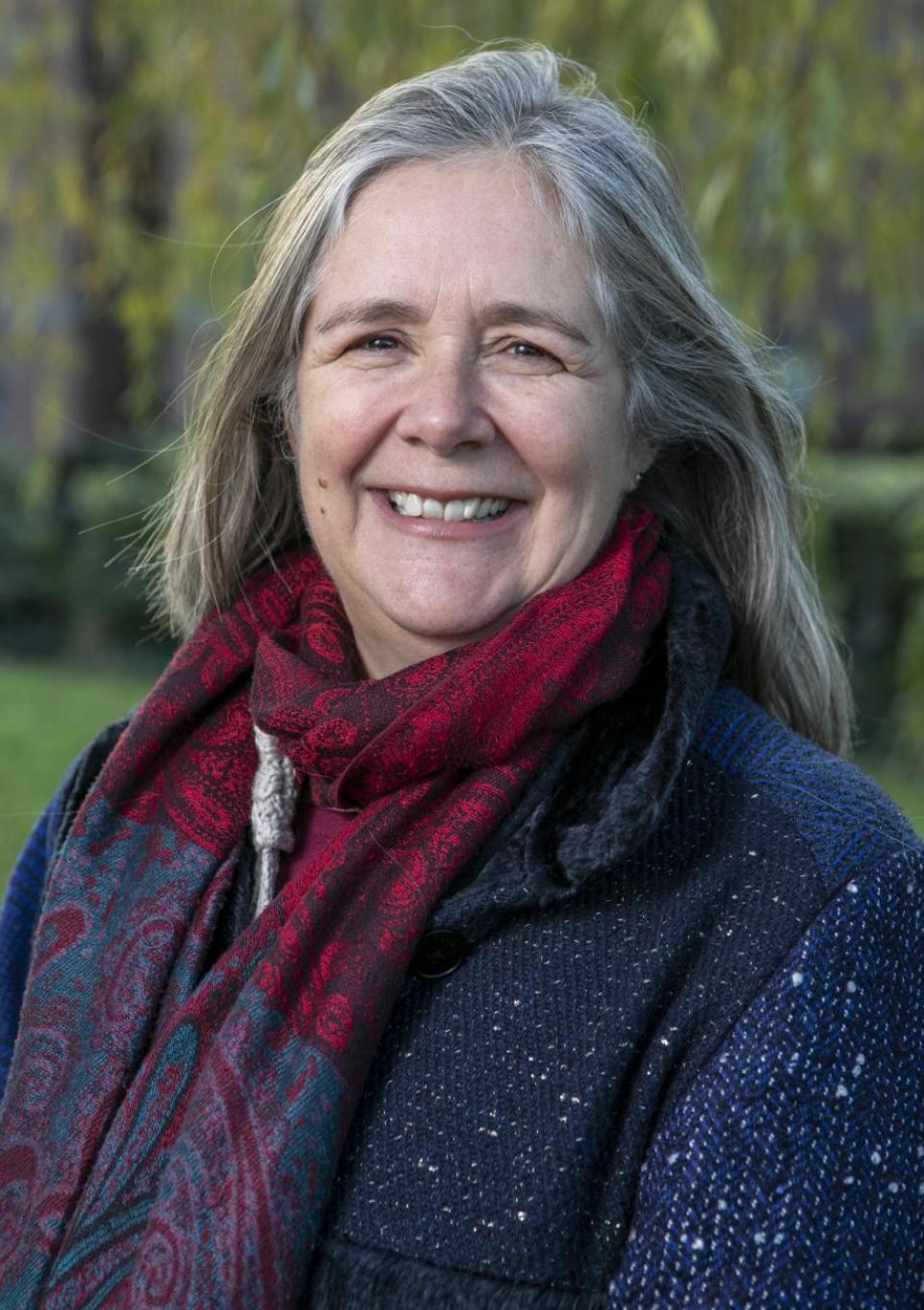
Research Newsletter - Issue 89: Spotlight

First launched in 1987 as an exchange programme for students in higher education, the Erasmus+ programme now offers a wide range of cooperation opportunities for institutions and organisations across civil society. Cooperation activities under Erasmus+ bring people and organisations together to work on the programme's four overarching key priorities: inclusion and diversity, active citizenship and democratic participation, environment and climate action, and digital transitions.
The European Commission has launched the 2024 Erasmus+ Call, with a budget of €4.3 billion.
What are the objectives of the Erasmus+ programme?
The Erasmus+ Programme supports, through lifelong learning, the educational, professional, and personal development of people in education, training, youth, and sport, in Europe and beyond. It fosters cooperation and exchange of practices, supports the development of innovative teaching, training, and learning methods, promotes non-formal learning and the development of common tools and activities. Projects contribute to sustainable growth, to quality jobs and social cohesion, to driving innovation, and to strengthening European identity and active citizenship.
Why do Erasmus+?
In cooperation projects and policy development activities, individuals and organisations gain experience in international cooperation, strengthen their capacities, develop innovative approaches, exchange good practices, and network. Participants collaborate with national, European, and international partners in a wide range of activities and projects funded through the Erasmus+ programme, developing excellence, creativity, and innovation in all fields of education and training. Involvement in an Erasmus+ project helps build international networks, brings experience in working with EU funding, and can lead to publications and further research funding.
Erasmus+ at DCU
The range of topics that can be addressed through an Erasmus+ project is very open. We have a particularly rich diversity of subject areas in DCU’s numerous Erasmus+ awards that span all the faculties and several of our research centres and other units. The implementation of AI in school education, skills for researchers in citizen engagement, and biomedical engineering education are just a few examples of the topics of some of our latest awards.
Full lists of Erasmus+ awards in 2021 & 2022 at DCU are available on our Erasmus+ webpage.
Erasmus+ Key Actions
Erasmus+ activities fall under 3 ‘Key Actions’ and focus on one of the following fields: Education and Training (including: Higher Education; School Education; Adult Education; Vocational Education & Training); Sports; Youth.
Key Action 1: Learning Mobility of Individuals. This covers individual mobility for students and staff. It is managed at DCU by the Placement Unit’s International Mobility team.
Key Action 2: Cooperation among Organisations and Institutions. This Key Action supports the development, transfer and implementation of innovative practices at organisational, local, regional, national, or European levels. It is about modernising and advancing the quality of systems and approaches in the chosen field and improving key competences and skills.
Key Action 3: Support to policy development and cooperation. Participants in projects under this action contribute to the development and implementation of policies at EU level, often triggering modernisation and reforms. This Key Action includes the Jean Monnet actions.
How to Apply in 2024 / Find out more
Guidance and information for prospective applicants is provided by DCU’s Erasmus+ Development Officer Dr Sophie Ball. She runs events throughout the year to support staff to submit successful funding applications. Past presentations and other resources are on DCU’s Erasmus+ webpage.
The first event of 2024 is co-organised with ECIU partners. 50 PIs from across the consortium will share results and experiences from recent or current Erasmus+ projects, providing a unique opportunity to learn about the latest E+ projects in your field and to make connections for future collaborations and E+ proposals. Please see the Newsletter Events page for more information and registration.
In the Funding Opportunities section of this newsletter, there is further information about the 2024 Call including deadline dates.

Dr Sophie Ball
Please don't hesitate to reach out to Dr Sophie Ball to find out more about the Erasmus+ programme or to discuss your ideas for a project.
Email: sophie.ball@dcu.ie
Webpage: https://www.dcu.ie/research/welcome-erasmus-dcu
Twitter: https://twitter.com/DCU_Erasmus
